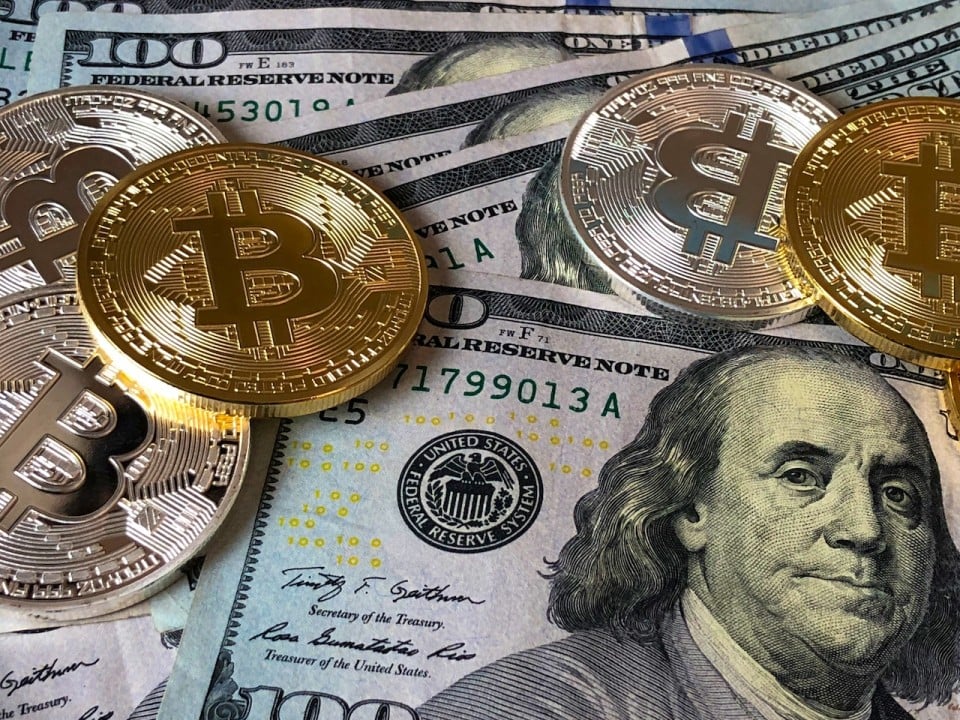One of four financial derivatives, forward contracts, like future, don't trade on an open exchange. They can be used for everything from hedging an overpriced market to massively leveraging an underpriced one.
Two other derivatives, a security with a price that is dependent upon or derived from one or more underlying assets, are options and stocks.
Forward contracts are privately negotiated agreements between a buyer and a seller to trade an asset at a future date at a specified price. They don’t trade on an exchange.
Because of the nature of the contract, forward contracts have more flexible terms and conditions, including the number of units of the underlying asset and what exactly will be delivered. Forwards have one settlement date: the end of the contract.
Forward contracts carry counterparty risks that futures contracts wouldn't... meaning there may be a chance that one party will default. You have to underwrite the ability of the counterparty on the contract to fulfill its obligations.
Forwards provide a level of privacy to both the buyer and seller, and they can be customized to meet both the buyer's and seller's specific needs and intentions. They can be tailored to a specific commodity, amount, and delivery date.
Forward contracts aren’t regulated, while futures are overseen by the Commodity Futures Trading Commission.
The main difference between forward and future contracts is that futures have standardized terms and are traded on exchanges, while forwards are customizable and trade over-the-counter. Another key difference is that the futures market is highly liquid, giving investors the ability to enter and exit whenever they choose.
